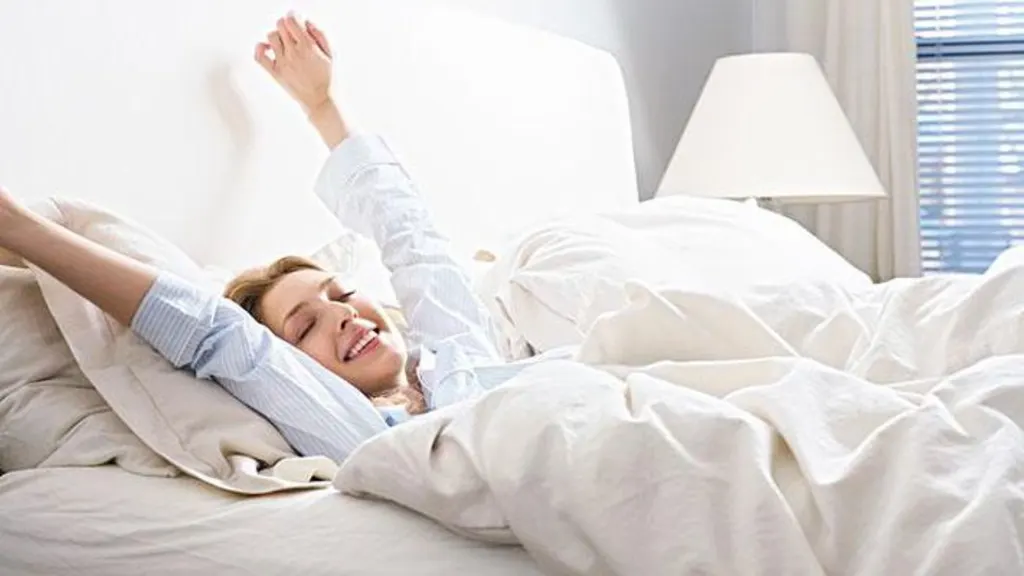Sleeping Better: Your Guide to Restful Nights
Sleeping better is essential for physical health, mental clarity, and overall well-being. However, many people struggle with poor sleep due to stress, unhealthy habits, or environmental factors. In this guide, we’ll explore actionable tips to help you improve your sleep quality and wake up feeling refreshed.
For wellness products that can aid in achieving better sleep, visit Key West Internationale.
Why Sleeping Better Matters
Getting quality sleep isn’t just about avoiding fatigue—it’s a cornerstone of good health. Sleeping better promotes:
- Improved memory and focus
- Enhanced mood and reduced stress
- A stronger immune system
- Better physical recovery and performance
Understanding the importance of sleep is the first step toward making it a priority.
Tips for Sleeping Better
1. Create a Relaxing Bedtime Routine
A calming pre-sleep routine signals to your brain that it’s time to wind down. Try activities like:
- Reading a book
- Taking a warm bath
- Practicing meditation or deep breathing
Transitioning slowly into relaxation helps your mind and body prepare for sleep.
2. Optimize Your Sleep Environment
Your bedroom should be a sanctuary for rest. To make it ideal for sleeping better, consider:
- Keeping the room dark and quiet
- Using a comfortable mattress and pillows
- Setting the temperature between 60-67°F (15-20°C)
Eliminating distractions like bright screens or loud noises is also critical for restful sleep.
3. Stick to a Consistent Sleep Schedule
Going to bed and waking up at the same time every day, even on weekends, helps regulate your body’s internal clock. This consistency can lead to sleeping better over time by making it easier to fall asleep and wake up naturally.
4. Limit Caffeine and Alcohol
Caffeine can stay in your system for hours, disrupting your ability to fall asleep. Similarly, while alcohol may initially make you feel sleepy, it interferes with deep sleep stages. For sleeping better, avoid these substances at least 4-6 hours before bedtime.
5. Exercise Regularly
Physical activity during the day can improve sleep quality. Even light exercises like walking or yoga can make a difference. However, avoid vigorous workouts close to bedtime as they might energize you and delay sleep.
6. Mind Your Diet
Eating heavy or spicy meals late at night can disrupt sleep. Instead, opt for light snacks like bananas, almonds, or herbal teas that promote relaxation.
Products and Tools to Aid Sleeping Better
If lifestyle changes aren’t enough, consider tools that enhance sleep quality, such as:
- White noise machines to drown out disruptive sounds
- Humidifiers for a comfortable sleeping environment
- Essential oils like lavender for relaxation
Explore these options and more at Key West Internationale.
When to Seek Help
If you’ve tried various strategies but still struggle with poor sleep, it might be time to consult a doctor. Sleep disorders like insomnia or sleep apnea may require professional treatment to achieve sleeping better.
Conclusion
Achieving restful sleep doesn’t have to be a dream. By creating a calming routine, optimizing your environment, and adopting healthy habits, you can start sleeping better and enjoying the countless benefits of a good night’s rest.
For products that support a better sleep experience, visit Key West Internationale and take the first step toward a healthier, more refreshed you.

